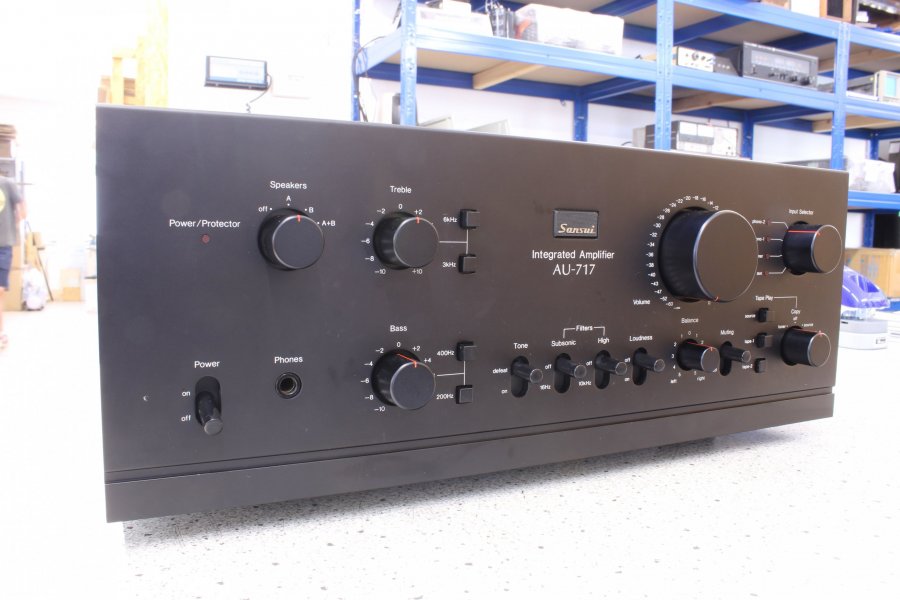not sure i'm saying what you are saying, but maybe.
when i say that far field listening position tends more to have an 'over there' perspective relatively, it's that the music can't quite be as immersive (by degrees) as it can be near field. not exactly the same thing as the "you are there" or "they are here" idea. but far field<->near field will influence degrees of presentation differences.
and there are matters of taste....not everyone likes a super holographic immersive presentation. or has not been able to get comfortable with it....yet.
to me ideally....in a perfect reproduction world......in my system it's the recording that tends to determine whether the players are in my room with me, or we are at the venue......or "third choice" neither is going on. just a 'meh' recording where presence clues are lacking (might still be great music) and hard to pin down things. my system can do the intimate, and the mid scale, and large and really large scale. and all at a high level. i'll admit it took a decade to achieve high performance levels with intimate recordings in my new room, equal of better than my old smaller room. doing both is the trick.
i agree that certain systems......say the 'classic' SET/Efficient Speaker with limited bandwidth is gong to tend toward the 'they are here' sort of intimate presentation. and the big box speaker solid state amp low noise high dynamics system will tend toward taking you to the venue by lighting up the corners and adding to the sense of space. so two alternate system characters. and so not every recording is completely served to be all it can be. not saying that this means that there is anything wrong, only different strengths of presentation with many/most systems. plenty of systems are effective doing both, but it's a big challenge to get it done. most cannot.
so my view is that my nearfield listening position, system and room tune situation, does allow for each recording to reach it's ideal presentation potential.....whatever that might be. far field is less capable all other things being equal.
I think this depends on one’s personal goals for his listening experience in his room. I don’t think far field is less capable all other things being equal. There tends to be more room influence in far field, just like in the concert hall. And I don’t think sitting near field is the only way to achieve great presence and an enveloping listening experience. It all depends on the system, the room, set up, and the recording. If you want to hear just what’s on the recording, minimize the effect of the room and optimize the system and it’s set up. I also don’t think this has to do much with typology.
my SET and high-efficiency horn system is very dynamic and does not favor an intimate “they are here“ type of presentation. It is just as convincing at putting me there in front of the live jazz quartet or large scale classical orchestra presentation.
Mike, this might be how you experience it in your room, but this does not hold in general terms across all systems and rooms and seating positions.
I do agree with you that Nearfield tends to lessen the impact of the room, and in that sense one might hear more of the characteristics of individual recordings, but Nearfield can also affect the presentation in ways that alters what’s on the recording.
fortunately, in my ipinionthere are many ways to approach the hobby and realize a large variety of personal goals for how one wants his music to be presented in his room.


